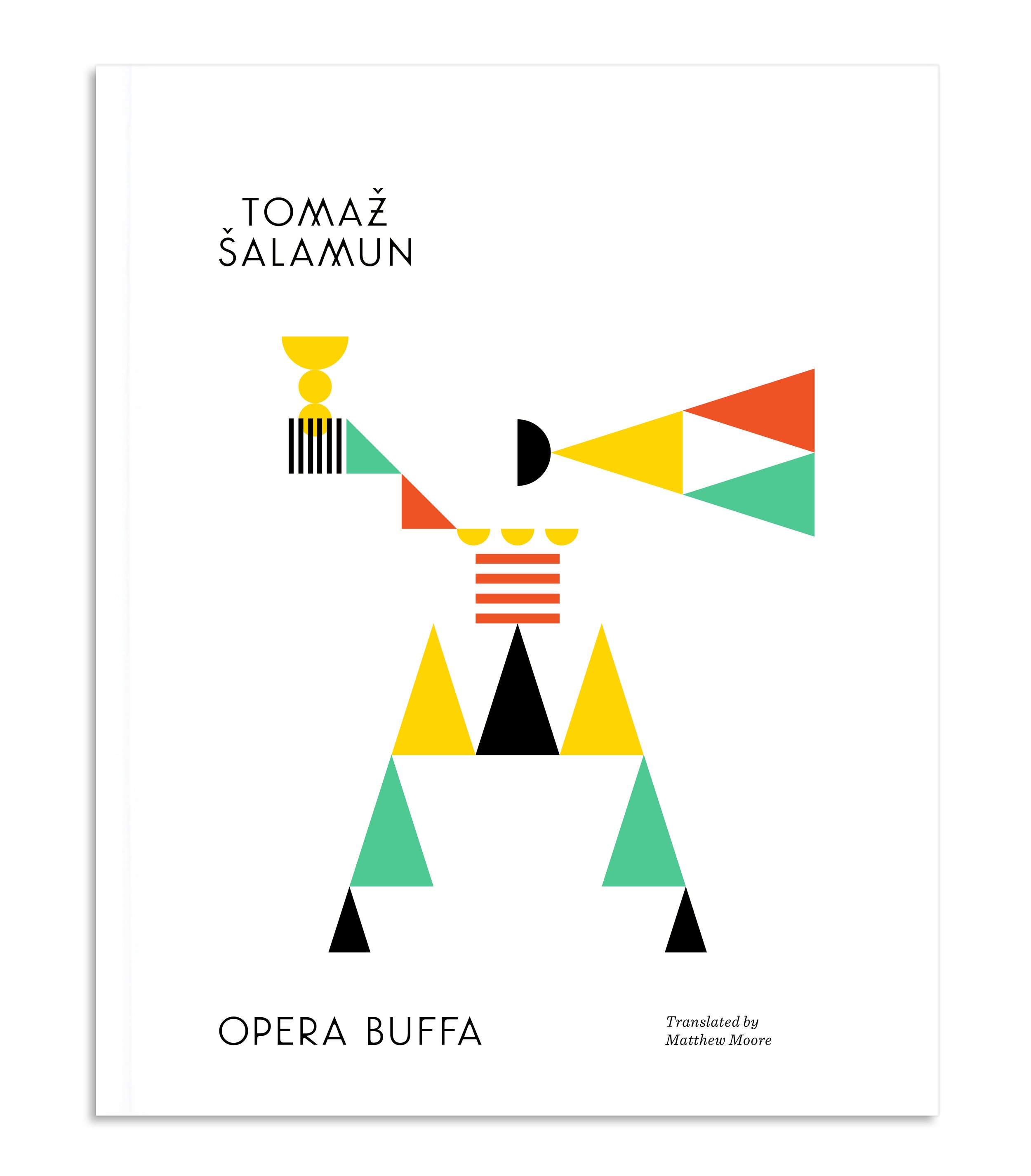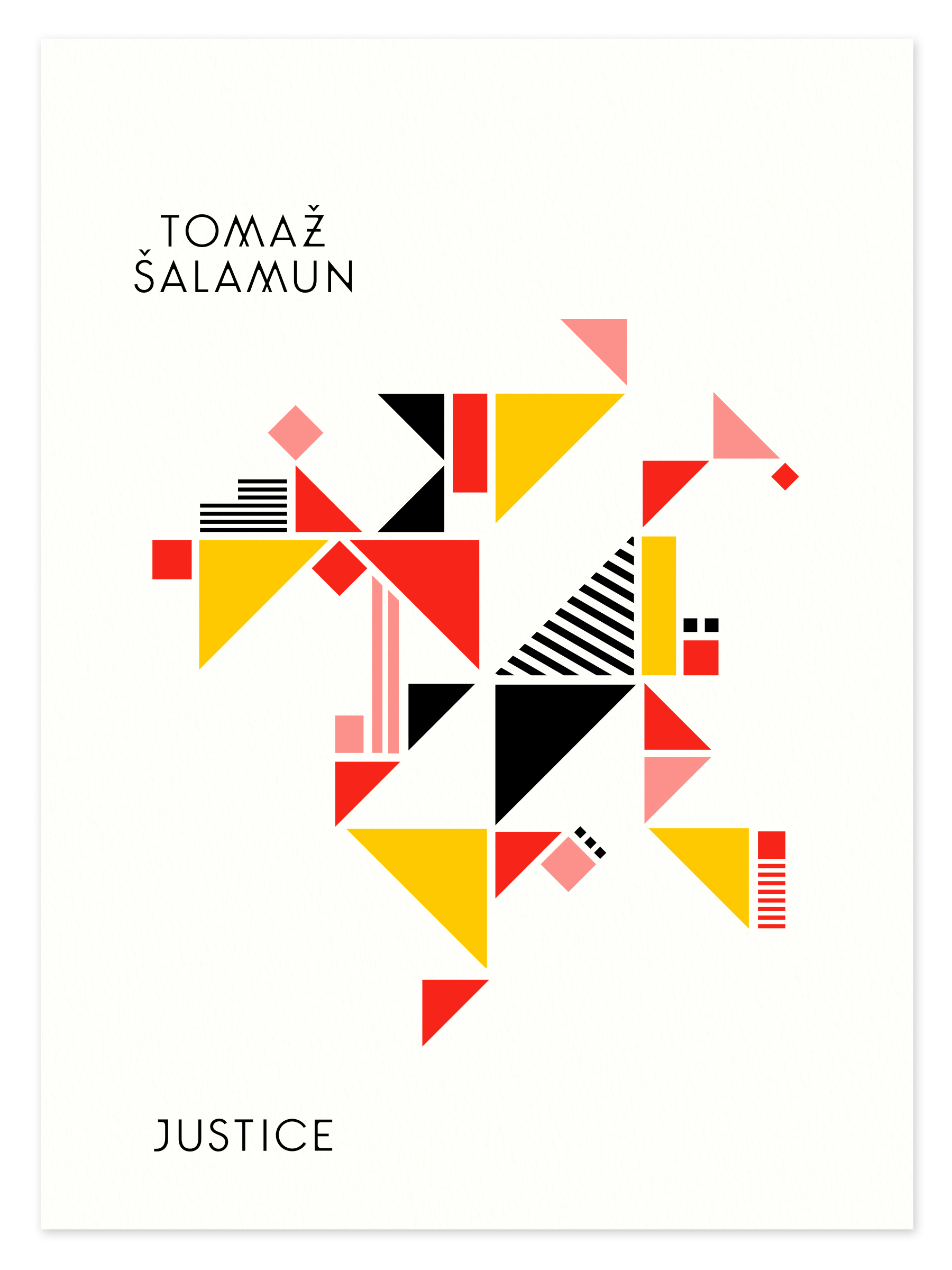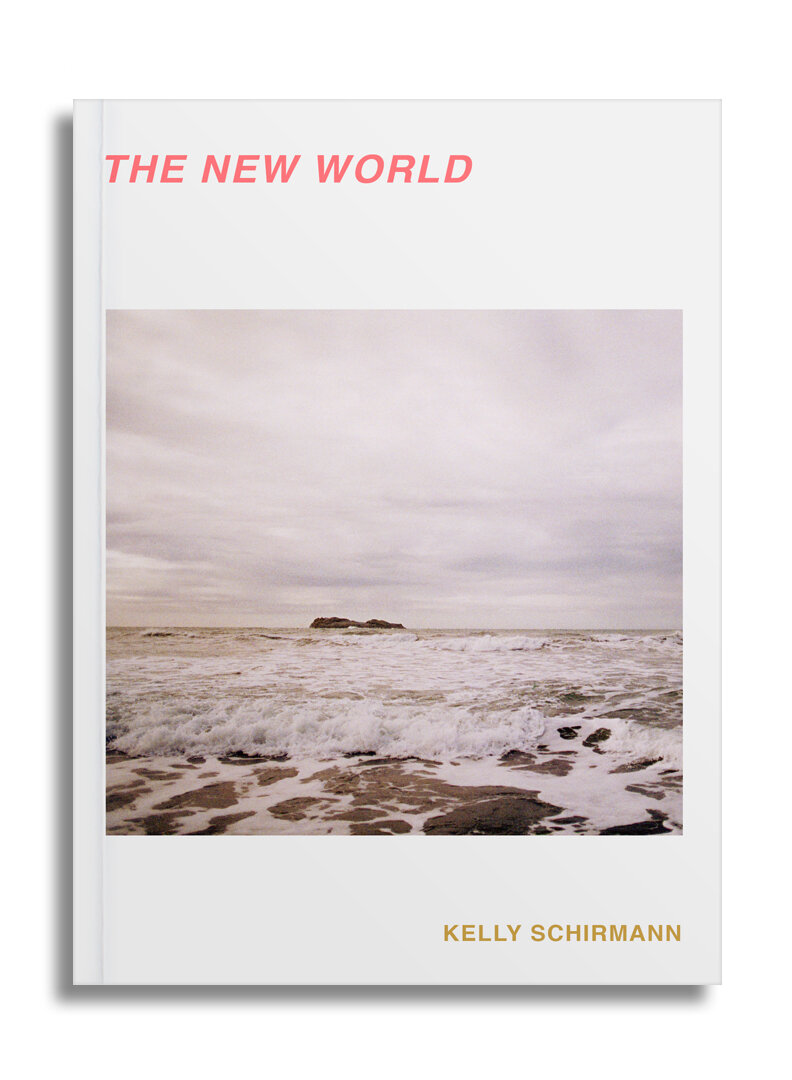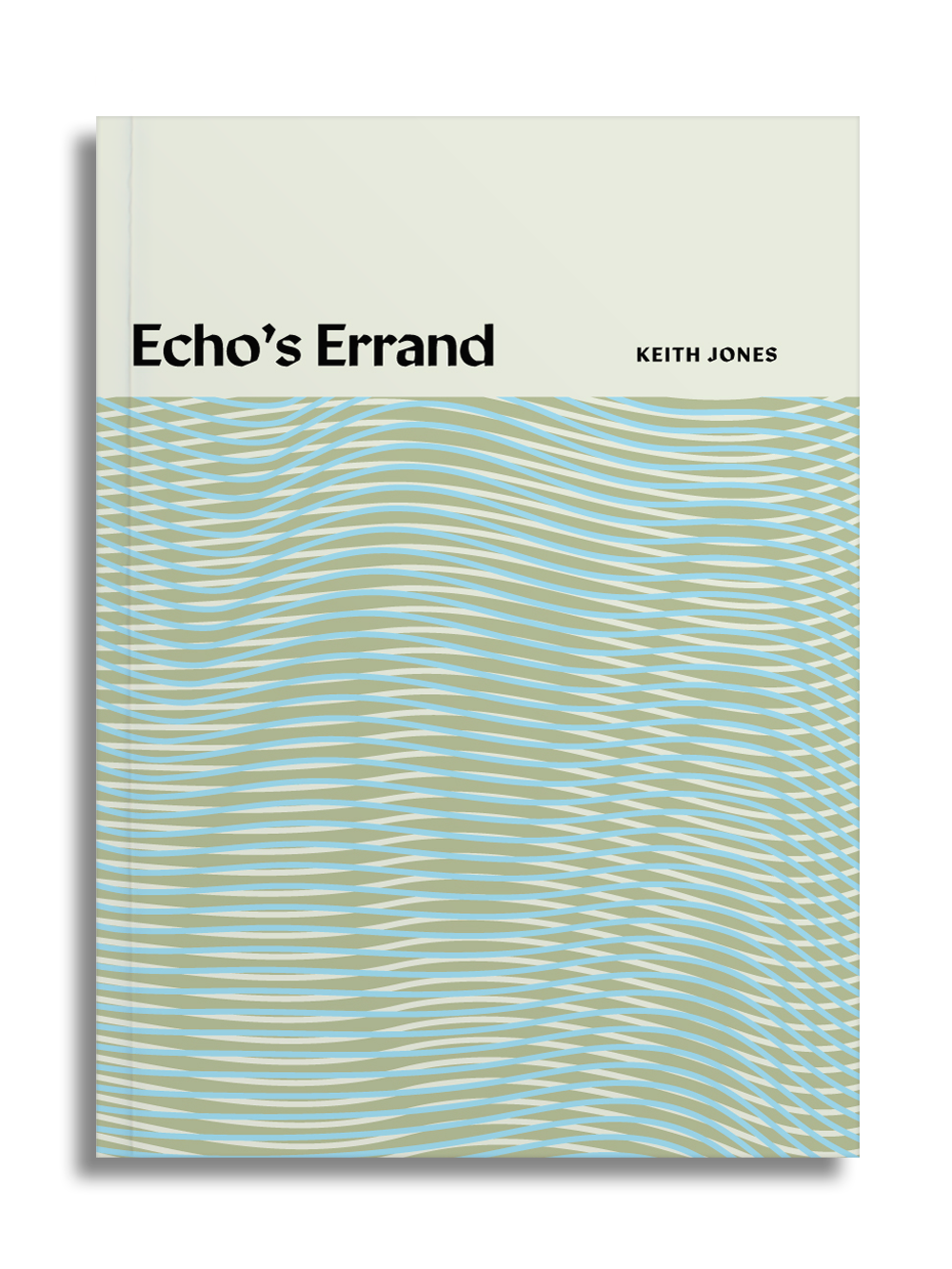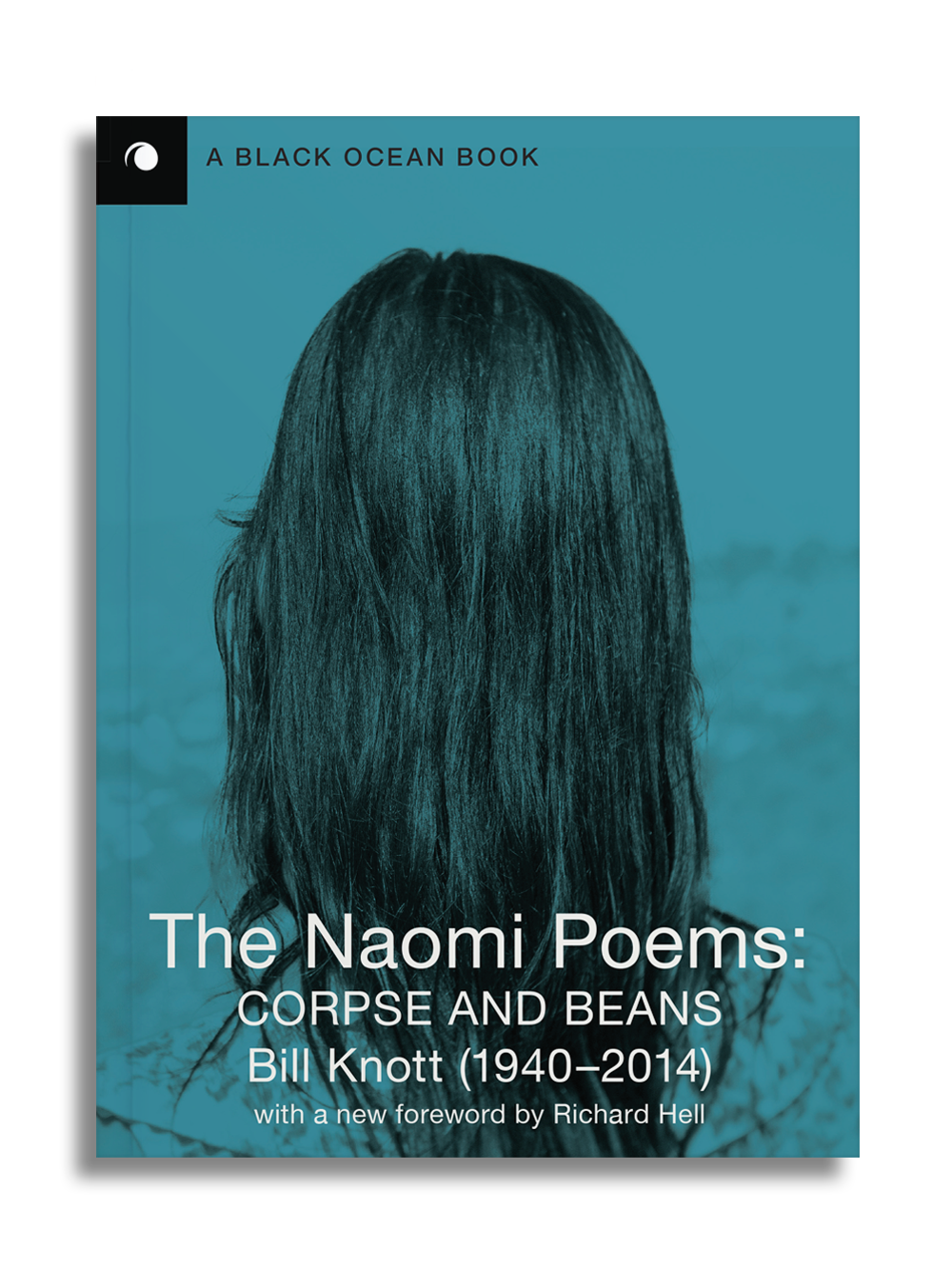Opera Buffa
Opera Buffa
by Tomaž Šalamun, translated by Matthew Moore
paperback / 112 p. / Poetry
ISBN: 978-1939568-42-7
Opera Buffa is Tomaž Šalamun’s last testament. It is a book rooted in torn landscapes of Central Europe and the Mediterranean. Crafted from place and power, these poems are fragments of collective memory. “There are hands, inside. Concordance rises / There are no foodstuffs. There’s no branch.” These are poems that examine what is tender and terrible in the world, ranging from the extrajudicial civil massacres of partisans during and after the Second World War, to the prejudicial violence carried out in twenty-first-century Europe against people forced to migrate from the Middle East, North Africa, and India. Opera Buffa witnesses anarchical plutocracy, climate catastrophe, and so much more. “Do you feel the footsteps?/ Do you feel the approach?” This is Opera Buffa.
Slovenian poet Tomaž Šalamun (1941-2014) is hailed as one of the most prominent poets of his generation, renowned for his impact on the Eastern European avant-garde movement. He authored over forty collections of poetry in Slovenian and English, and this collection exemplifies the best of what he is known for in its experiments with surrealism, polyphony, and absurdism. It’s the world we know made completely anew, where “City buses / resemble / quiet polite / people.” Šalamun’s unique voice will linger on for years to come in the influence it has left with artists, writers, and readers.
Matthew Moore is a poet, translator, and editor. His poetry appears widely in literary journals, including Fence, Interim, Lana Turner, Second Stutter, and West Branch. He lives in Boulder, Colorado.
“Haunting and visceral, Šalamun’s voice is full of longing for a better future. These moving poems are a valiant effort at piecing together a shattered world and bringing it back to the light.”
“Opera Buffa stuns the reader with its imaginative flair, energetic wit, and existential reach. The poems’ couplets employ a staccato rhythm that creates a sense of the inexorable march toward both endings and beginnings. That people and things exist(ed), that injustice shapes lives and countries, that joy arises unbidden—these preoccupy Šalamun as he, metaphorically speaking, engages with Wittgenstein’s ‘Not how the world is, is the mystical, but that it is.’ In Matthew Moore’s crackling translation, Šalamun marries the comical and the serious as he addresses the factness of the world in his inimitable way. ”


